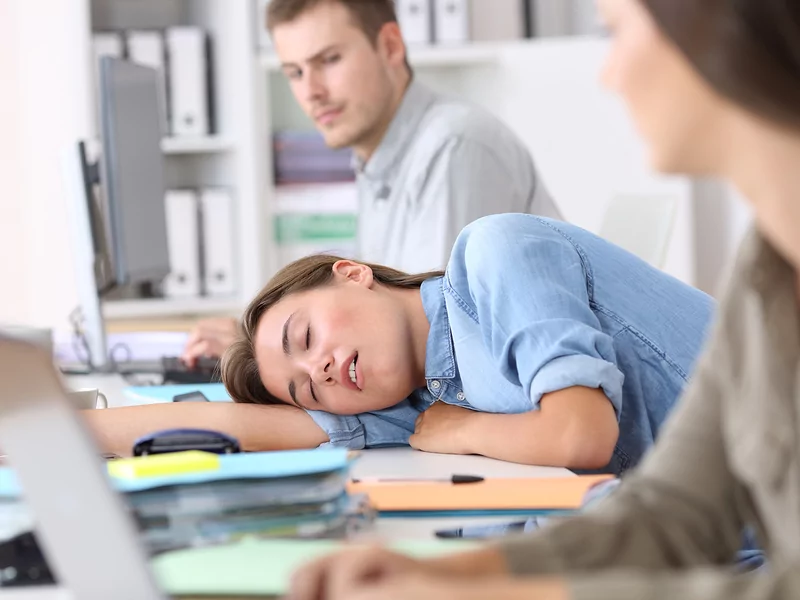
Continuous positive airway pressure (CPAP)
If you have sleep apnea, you could benefit from using a CPAP, which is a machine that delivers air pressure through a mask while you sleep. With this tool, the air pressure is greater than that of the air and can keep your upper airway passages open to prevent apnea and snoring. It’s best to contact us at Houston Sleep Solutions to review your condition and discuss a treatment plan.
Although CPAP is the most common and reliable method of treating apnea treatment, many people give up on it due to it being cumbersome. Don’t stop using the CPAP machine if you have problems. Check with your doctor to see what changes can be made to increase your comfort.
Other airway pressure devices
If using a CPAP machine is not comfortable, you might be able to use a different type of airway device. Machines that supply bilevel positive airway pressure, known as BPAP, also are available. These provide more pressure when you inhale and less when you exhale.
Oral appliances
An alternative to machines is an oral appliance designed to keep the throat open and may be easier to use. Many are designed to open your throat by bringing your jaw forward, which can sometimes relieve snoring and mild OSA.
A number of devices are available, and you might need to try different devices before finding one that works for you.
Once you find the right fit, you can follow up with your dentist repeatedly during the first year and then regularly after that to ensure that the fit is still good and to reassess your signs and symptoms.
Treatment for associated medical problems
Possible causes of central sleep apnea include heart or neuromuscular disorders and treating those conditions might help.
Supplemental oxygen
Using supplemental oxygen while you sleep might help if you have central sleep apnea. Various forms of oxygen are available with devices to deliver oxygen to your lungs.
Adaptive servo-ventilation (ASV)
This more recently approved airflow device learns your normal breathing pattern and stores the information in a built-in computer. After you fall asleep, the machine uses pressure to normalize your breathing pattern and prevent pauses in your breathing.
ASV appears to be more successful than other forms of positive airway pressure at treating complex sleep apnea in some people. However, it might not be a good choice for people with predominant central sleep apnea and advanced heart failure.
Contact Houston Sleep Solutions to discuss a treatment plan:
281-485-4829
Location (Tap to open in Google Maps):
1769 S. Friendswood Dr. Ste 107
Friendswood, Texas
77546
